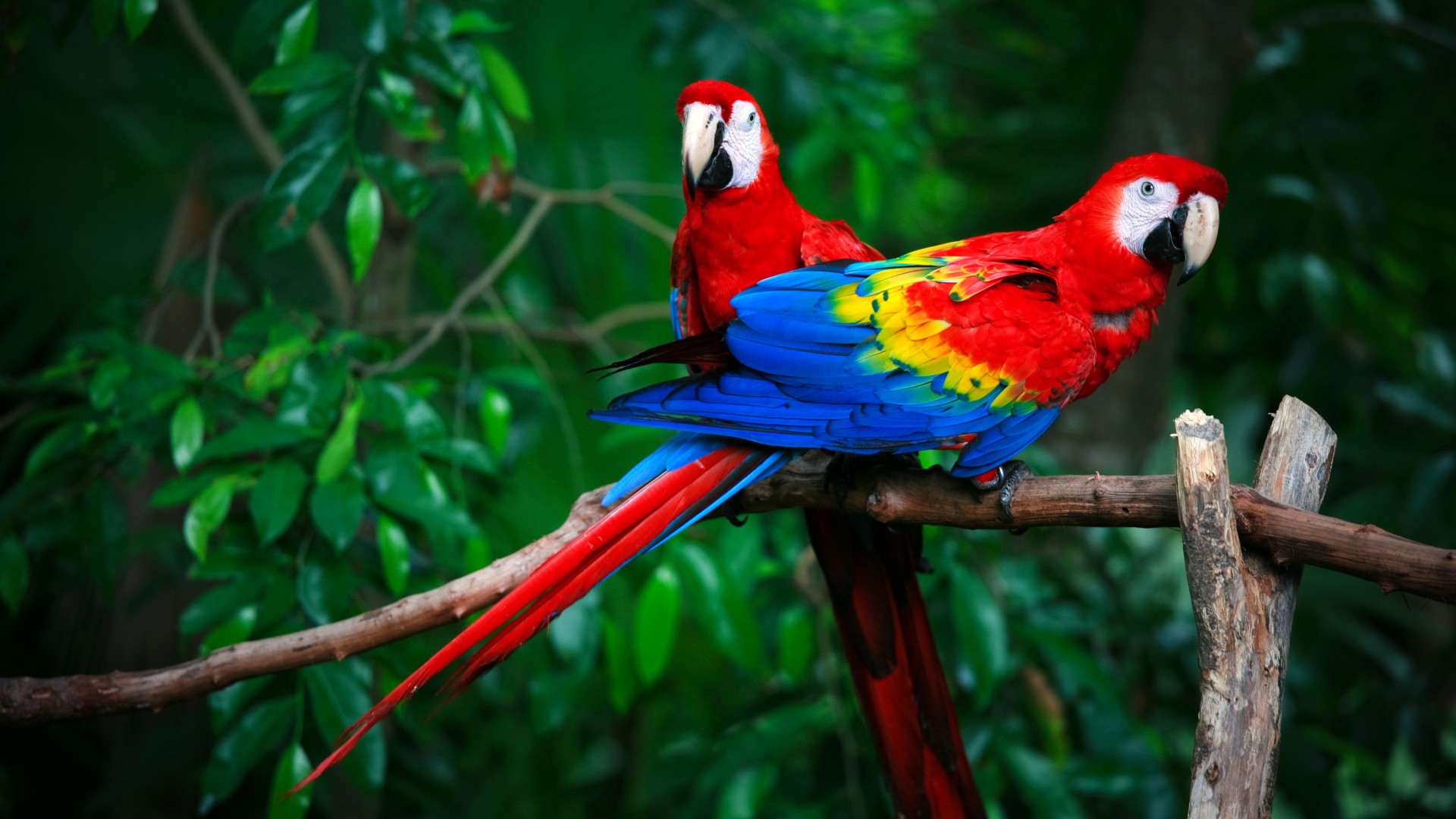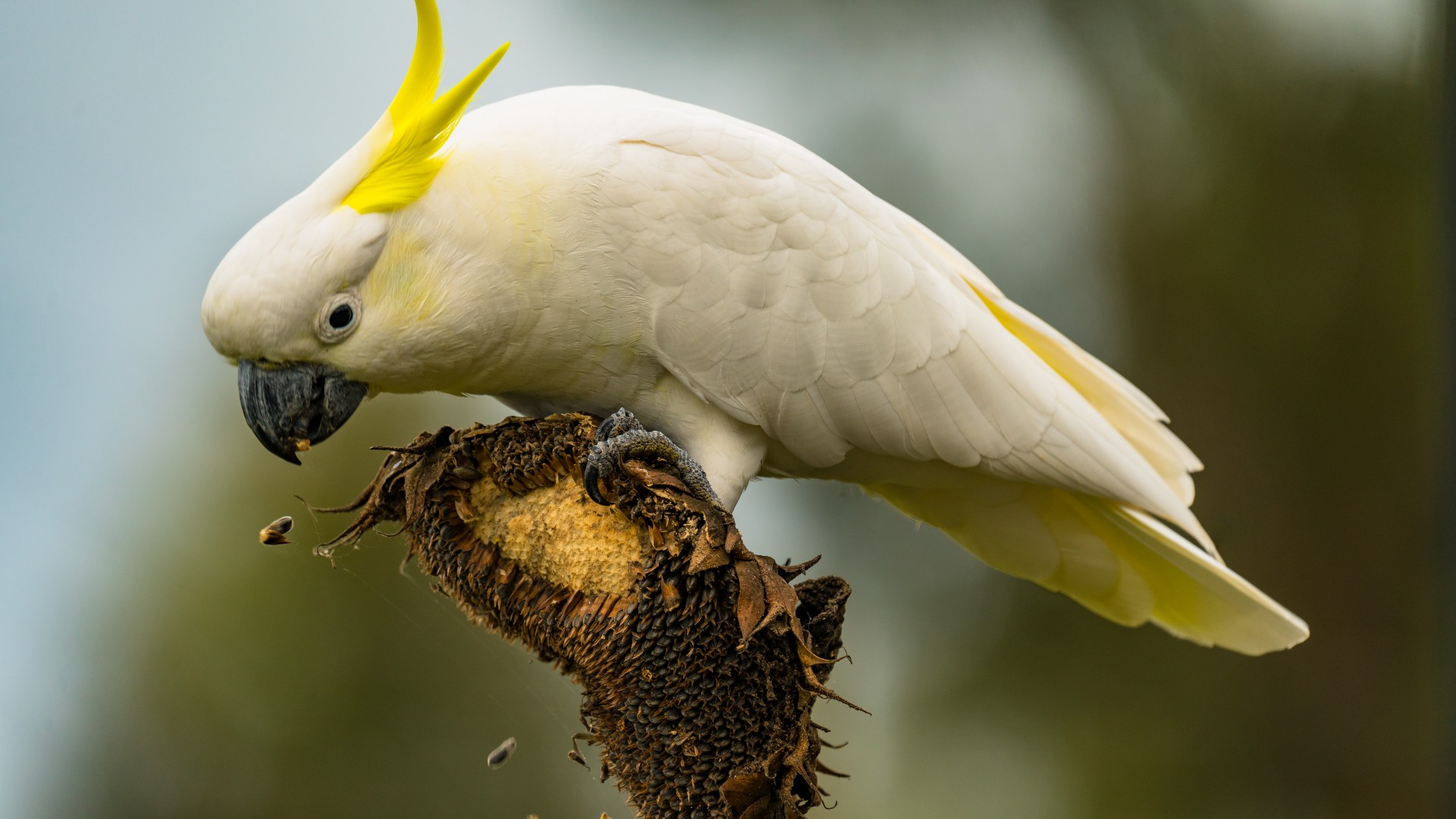Why do parrots live so long?
What's the secret to these talkative birds' long lifespan?

Get the world’s most fascinating discoveries delivered straight to your inbox.
You are now subscribed
Your newsletter sign-up was successful
Want to add more newsletters?

Delivered Daily
Daily Newsletter
Sign up for the latest discoveries, groundbreaking research and fascinating breakthroughs that impact you and the wider world direct to your inbox.

Once a week
Life's Little Mysteries
Feed your curiosity with an exclusive mystery every week, solved with science and delivered direct to your inbox before it's seen anywhere else.

Once a week
How It Works
Sign up to our free science & technology newsletter for your weekly fix of fascinating articles, quick quizzes, amazing images, and more

Delivered daily
Space.com Newsletter
Breaking space news, the latest updates on rocket launches, skywatching events and more!

Once a month
Watch This Space
Sign up to our monthly entertainment newsletter to keep up with all our coverage of the latest sci-fi and space movies, tv shows, games and books.

Once a week
Night Sky This Week
Discover this week's must-see night sky events, moon phases, and stunning astrophotos. Sign up for our skywatching newsletter and explore the universe with us!
Join the club
Get full access to premium articles, exclusive features and a growing list of member rewards.
Parrots are exceptionally long-lived, sometimes becoming septuagenarians or even octogenarians. In animals, longevity is often linked to a larger body size, but parrots often live as long as larger birds and much longer than birds of comparable size.
So, why do parrots live so long? They're already known for their mimicking abilities and gorgeous colors. Do any of these play a role in their longevity?
It turns out their long lives may be due to another of their famous traits — their impressive smarts, a March 2022 study in the journal Proceedings of the Royal Society B: Biological Sciences found.
In general, birds usually live much longer than mammals of the same size. "This is probably because they can fly and escape predators" unlike Earth-bound mammals, said study lead author Simeon Smeele, an evolutionary ecologist at the Max Planck Institute of Animal Behavior in Radolfzell, Germany. "For instance, sulphur-crested cockatoos can live up to 70 to 80 years in extreme cases, but they only weigh 700 to 1,000 grams [1.5 to 2.2 pounds]. Humans weigh 100 times more, but only live a few decades longer."
Related: Are birds dinosaurs?
Parrots, in turn, live unusually long for birds. For instance, whereas the American robin (Turdus migratorius), one of the most common birds in North America, on average lives only about two years, the parrot known as the rosy-faced lovebird (Agapornis roseicollis) "lives on average eight years, but is considerably smaller than the robin," Smeele said.
The longest-lived parrots live 20 to 30 years, on average. "There are other birds that can do this, but they are much larger," Smeele said. "For example, a flamingo weighs about four times more than the longest-lived parrots, but has about the same lifespan."
Get the world’s most fascinating discoveries delivered straight to your inbox.
(Such average lifespans do not represent maximum lifespans. "If they make it past the first year, robins, flamingos and parrots can live much longer," Smeele said.)
Previous research suggested that longevity is linked to brain size in a range of animals, perhaps because larger brains helped them find food or escape threats. Although parrots are known for both their longevity and their complex behaviors, with brain-to-body size ratios on par with those seen in primates, it was unclear if the two traits influenced one another. This is because the lack of lifespan data on large numbers of parrots made it difficult for scientists to account for what might drive longevity in the group.
In the study, the researchers teamed up with wildlife conservation nonprofit group Species360 to compile data from more than 130,000 individual parrots in more than 1,000 zoos around the world. This database helped them produce the first reliable estimates of the average lifespans of 217 parrot species, representing more than half of all known species.
The findings revealed great diversity in parrot life expectancy, ranging from an average of two years for the fig parrot (a group with two genera: Cyclopsitta and Psittaculirostris) up to an average of 30 years for the scarlet macaw (Ara macao). Other long-lived species include the sulphur-crested cockatoo (Cacatua galerita) from Australia, which lives 25 years, on average.
Possessing relatively large brains was consistently associated with greater life expectancy in parrots, the team found. This hints that smarter birds can better solve problems in the wild, helping them enjoy longer lives.
"It really suggests that larger brains can help you live longer," Smeele said.
One alternative possibility the researchers explored was that relatively large brains take longer to grow, and therefore require longer lifespans. However, the researchers found no links between longevity and developmental time or related parental investment.
"I would have expected that parental care was much more important," Smeele said. In contrast, in primates, the increased costs needed to develop a large brain is linked with longevity, he noted.
In the future, the scientists want to see if more social parrots have larger brains and live longer. "We think that species that live in complex groups could learn a lot of skills — how to forage, how to become dominant, and so on — but this learning would take time and a large brain," Smeele said.
Smeele cautions that "it would be tempting to say that smarter people also live longer, but this might very well not be the case. A larger brain actually burns more energy, and that could potentially be harmful. This has been shown in guppies, where larger individuals of the same species lived shorter."
Originally published on Live Science.

 Live Science Plus
Live Science Plus












